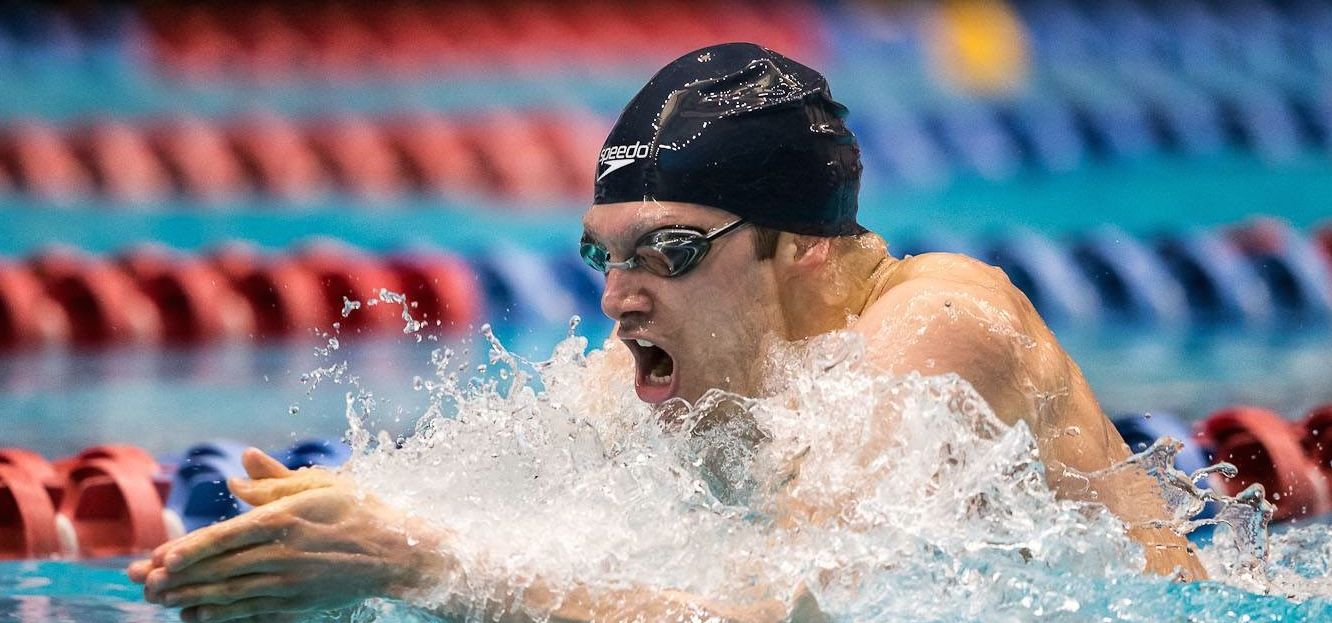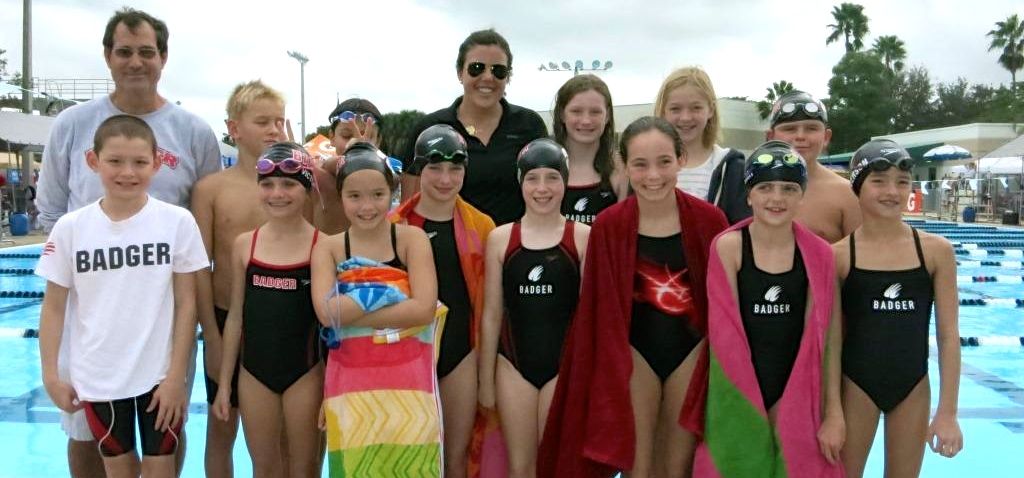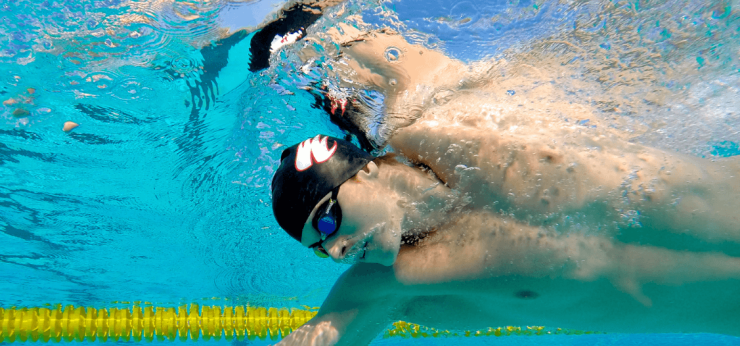A note from Badger Parent Advocate, Michael Conaton:
I’ve always loved baseball and consequently my kids will probably tell you I use way too many baseball analogies to describe life’s lessons. More specifically, there are so many appropriate baseball comparisons to swimming that it makes watching this week’s World Series prompt these thoughts…
Baseball players can’t live and die by every pitch, every at bat, or every game. They wouldn’t be any good if they couldn’t shake off the bad days. They know they will always get another at bat. So too with swimming. If you’re having a bad workout, or bad meet…there will always be tomorrow or another race or meet to look forward to. Don’t stress it! Strikeouts happen. Bad races happen. Help your kids move on and forget about it! (And equally as important…please also note that maybe they already have moved on…so don’t bring it up again at dinner!)
There are always those ball players that are able to get the big hit at just the right moment in the game – The clutch home run seemingly coaxed over the wall by all the screaming teammates in the dugout. In swimming, we notice the kids who are able to step up and swim fast at the right time in the season, or race the person next to them to the wall, or come up big in a relay. If your kid is given a chance to stay late at a meet and swim on the last relay of the afternoon or night, stick around and let them swim it. Relays are different from the individual swims and it could be that contagious comradery that allows your kid to step up for their big hit. Relay swims can be equally as important as individual swims!
Some batters hit for average. It obviously helps to have a high average. This is a concept that kind of merges the first two thoughts. Keeping the intensity, awareness and pressure to consistently achieve at a high level is a valuable trait. Maybe you can’t always get the big hit, but you’re always trying and on average, you expect, and do in fact succeed overall. In swimming it’s the concept of constant improvement. Help your kids look forward and take note of their incremental progress. Help them with the long term perspective. It’d be nice to see improvement from meet to meet, but sometimes it’s season to season and year to year. Swimming is that kind of sport. Set your own expectations and perspective for this, so you can orient your kids the same way.
The good players always seem to be able to “salvage their series” with a key hit at the right time or during the last game that propels them to the next series. During long meets especially, try to point out the one or two swims that really stand out that bode well for great things to come. That one swim somehow makes that entire 3-4 day meet successful. Don’t let your kids get down – look for the noteworthy positives and help them build on those.
I marvel at the coaches and managers in the dugout who watch baseball games with little emotion or even frankly much visible coaching. But if you think about it, they’re obviously not the ones playing…the players are! We’re not there at spring training or in the weight room or at batting practice when coaches are giving their guidance. And during the games…they let the players play. In the pool, it’s our kids who have to execute and try to swim fast. Of course we are pulling for them and maybe even imagining (in agony?) every single stroke that they’re taking in a meet. But it’s their time to perform. Let them play…it’s not about the coaches…or you. And I guarantee you the guy last night was not trying to strikeout with men in scoring position. And in fact he remained calm, walked to the dugout and none of his teammates or coaches asked him about his at bat. Let your kids move on to the next inning or swim meet. Let the coaches work with them on their swings at practice the next day…I’m not a batting coach or a swim coach…our job is to drive the team bus!
Finally, I don’t have much of an article this week. I do offer a favorite excerpt from the book, Moneyball. Very coincidently, I was at a conference a couple weeks ago where Billy Beane was the guest speaker. Billy is the general manager of the Oakland A’s and early adapter of using statistical analysis to improve the player composition of a ball club. In his playing days, there were huge expectations for Billy as he was a gifted athlete and player. But he will admit that his lack of mental ability would be a hindrance to his career…put bluntly, he was a head case. Conversely, Lenny Dykstra, who played at the same time, wasn’t as gifted physically as Billy, but let’s just say if you don’t have the mental capacity in the first place, it won’t get in the way. What the funny story attached basically says, and maybe even contrary to everything previously written in this article is….DON’T OVER THINK THINGS!!! Just go out and play ball…er, leave ‘em alone and let them swim fast!
As always, please write me at mikecbadger@gmail.com with comments or questions on these topics or others.
Read the Money Ball Excerpt Here.
Michael Conaton, Badger Swim Club Inc. and Badger Swimming Inc. accept no liability for the content of this article, or for the consequences of any actions taken on the basis of the information provided.






